Discover Protein Production Technology Podcast
Protein Production Technology Podcast

108 Episodes
Reverse
In this episode of the PPTI Podcast, Doug Grant, Co-founder and CEO of Atlantic Fish Company, explains how cultivated seafood can become a vital 'third pillar' of seafood production – complementing wild-caught and aquaculture systems. He outlines why seafood deserves its own focus, citing overfishing, the United States’ heavy reliance on imports, and the inherent limitations of fish farming.Doug highlights the importance of non-dilutive funding, such as federal grants, in supporting innovation and building credibility during the current investment downturn. He also explores the potential of cultivated seafood to deliver clean, safe, and sustainable products – free from mercury, antibiotics, and microplastics – while easing pressure on marine ecosystems.The discussion covers the pathways to scale, from premium dining to mainstream adoption, and identifies regulatory approval, cost reduction, and consistent product quality as critical milestones. Ultimately, Doug frames cultivated seafood as a complementary solution that can enhance food security, protect biodiversity, and strengthen resilience in the global food system.
In this episode of the PPTI Podcast, Eshchar Ben Shitrit, CEO of Redefine Meat, shares his perspective on transforming the future of meat. He reflects on the company’s journey from bold vision to rapid growth, explaining how innovation, collaboration, and consumer engagement are driving progress across the alternative protein sector.Eshchar emphasizes the importance of creating products that satisfy chefs, retailers, and diners alike – delivering on taste and experience while addressing the challenges of sustainability and scale. He also discusses the lessons learned from building momentum in a fast-moving industry, and how redefining meat is ultimately about more than technology – it’s about changing perceptions of what people choose to eat.
In this episode of the PPTI Podcast, Sebastian Rakers, co-founder and CEO of Bluu Seafood, shares his journey from marine biologist to cultivated seafood pioneer. He discusses the company’s mission to make high-quality fish proteins such as salmon and trout the new normal – and its exploration of premium products like cultivated caviar.Sebastian highlights the mounting environmental pressures on global fisheries and explains how cell-cultivated seafood offers clear advantages in safety, nutrition, and localized production, with potential applications that extend beyond food. He also reflects on the path toward regulatory approval, the realities of scaling, and how cultivated seafood can help secure ocean-friendly protein for generations to come.
In this episode of the PPTI Podcast, Thijs Bosch, recently appointed CEO of The Protein Brewery, discusses the company’s milestone €30 million Series B funding round and its vision for the future of fungi-based proteins. He explains how his background in specialty proteins and scale-up ventures is helping drive commercialization and global expansion.Thijs highlights the unique advantages of The Protein Brewery’s proprietary fungal strain, which enables efficient, lower-capex fermentation under non-sterile conditions – making scaling and partnerships more attainable. He shares progress from pilot to demonstration-scale production, details on regulatory pathways in the USA, Singapore, and Europe, and the importance of building both technical and commercial capabilities to support growth.The conversation explores how the company’s ingredient delivers complete protein, fiber, and micronutrients in a neutral-tasting, odorless form suited for a wide range of applications. Thijs emphasizes that long-term success will depend on disciplined scaling, smart market entry, and balancing investor expectations with lasting impact across sustainable food systems.
In this episode of the PPTI Podcast, host Nick speaks with Chris Bryant, Executive Director of Bryant Research and Research Adviser for the Alternative Proteins Association in the UK. Together, they unpack evidence-based insights on alternative proteins and the broad benefits of reducing reliance on industrial animal agriculture – from environmental and ethical gains to public health improvements.Chris addresses the growing impact of misinformation and industry influence on how consumers perceive food and nutrition, particularly the misuse of the term ultraprocessed. He notes that many plant-based alternatives actually offer lower calorie density, reduced saturated fat, higher fiber, and comparable protein quality to conventional meat – and that fortification can further enhance their nutritional value.The conversation also explores the challenges of translating scientific evidence into effective policy, the importance of advocacy-driven research, and strategies for distinguishing independent science from industry-influenced narratives.
In this episode of the PPTI Podcast, host Nick speaks with Roderik Bronkhorst, Head of Corporate Venturing at Cosun. Roderik discusses the company’s Unlock 30 strategy – an ambitious plan to transform the long-established cooperative into a global leader in plant-based and sustainable food ingredients by 2030.He explains how Cosun is balancing its deep agricultural heritage with a forward-looking approach to innovation, focusing on efficiency, diversification, and international collaboration. Roderik highlights the value of partnering with startups to accelerate progress in alternative proteins, sweeteners, and fibers, giving Cosun access to breakthrough technologies and new global opportunities.He also offers insight into the company’s flexible investment model, which prioritizes strategic impact over purely financial returns, and stresses the importance of aligning corporate and startup goals to create meaningful, mutually beneficial partnerships that drive sustainable innovation across the food technology landscape.
In this episode of the PPTI Podcast, Simo Ellilä, CEO of Enifer, discusses the company’s latest milestone — achieving self-affirmed GRAS status for its Pekilo mycoprotein in the USA. He explains how this regulatory step opens the door to early market entry and pilot partnerships while laying the groundwork for full FDA approval.Simo highlights Pekilo’s distinctive shelf-stable format, its versatility across applications from dairy alternatives to breakfast cereals, and its neutral taste profile that helps solve one of the biggest challenges in plant proteins: off-flavors. He also underscores that consumer acceptance ultimately depends on two key factors – taste and price – and shares how Enifer’s heritage technology, sustainability-first mindset, and phased entry through the pet food market are shaping its long-term growth strategy.
In this episode of the PPTI Podcast, leading voices from science, startups, and established food companies explore how biomass-based food systems could help feed a resource-scarce future. The discussion delves into the potential of microalgae, fungi, and microbial fermentation to decouple food production from land, soil, and freshwater, enabling scalable, nutritious alternatives with a lower environmental footprint.Speakers highlight the advantages of whole-cell ingredients, the promise of submerged fermentation as a resilient and versatile platform, and the technical hurdles still to be overcome – from taste and texture to cost and consumer appeal. The conversation also examines how perceptions of ultra-processing, regulatory frameworks, and investment landscapes are shaping the pace of innovation.With insights spanning research, industry, and strategy, the panel emphasizes that microbial and biomass proteins are not just complementary to other approaches – they are essential building blocks for a more resilient and sustainable global food system.
In this episode of the PPTI Podcast, leading voices from across the alternative protein sector explore how functional plant proteins are powering the next wave of food innovation. The conversation examines the growing consumer demand for clean-label, sustainable products that still deliver on taste, texture, and nutrition – and what it takes to get there.From sunflower to pulse proteins, the panel unpacks the science and strategy behind formulating plant-based alternatives that can truly stand shoulder to shoulder with dairy and meat. They discuss the critical role of functionality, processing, and ingredient synergies in enhancing mouthfeel, masking off-flavors, and ensuring product stability without compromise.The experts also highlight how advances in fermentation, formulation, and complementary ingredients such as fibers and pectins are enabling the creation of more indulgent, consumer-ready foods. Throughout the discussion, one message rings clear: collaboration across the value chain is essential to building a resilient, future-proof protein ecosystem.
In this episode of the PPTI Podcast, host Nick speaks with Vincent Krudde, Head of the Alternative Protein Program at Nutreco, about how a company deeply rooted in animal nutrition is helping accelerate the global shift toward sustainable protein production – from plant-based to cultivated and beyond.Vincent unpacks the scale and urgency of the protein challenge, where demand is projected to outpace population growth, and emphasizes the need for regionally diverse, complementary solutions. He discusses the major hurdles facing cultivated proteins – from technological and regulatory barriers to cost and consumer acceptance – and explains how Nutreco’s decades of expertise in feed formulation and large-scale production are being applied to deliver affordable, food-grade cell culture media.By combining scientific insight with industrial know-how, Nutreco aims to bridge the gap between promise and production, driving forward its mission to feed the future sustainably.
In this episode of the PPTI Podcast, industry experts delve into how next-generation downstream processing is reshaping the scalability, efficiency, and sustainability of alternative protein production. What was once a purely technical stage – purification, separation, and drying – has become a strategic lever that defines commercial success.Speakers from leading organizations share how innovations in membrane filtration, resin-based purification, and process optimization are boosting yields, enhancing ingredient functionality, and cutting environmental impact. From improving taste and texture to reducing water and energy use, the panel explores how smarter downstream design is closing the gap between pilot-scale promise and profitable large-scale operations – paving the way for more sustainable and affordable protein ingredients worldwide.
In this episode of Protein Production Technology International, Randi Wahlsten, CEO and co-founder of MATR Foods, discusses the company’s mission to bring “food love” back to plant-based eating through simplicity and clean-label design. She explains why MATR's products rely on just five core ingredients potatoes, red beets, oats, lupins, and split peas combined with fungi fermentation to naturally create meaty textures and umami flavors without protein isolates or heavy processing. The conversation explores the consumer debate around “ultra-processed” foods, the technical challenges of solid-state fermentation, and how MATR’s streamlined one-step production can achieve cost advantages over traditional protein isolation or extrusion methods. Randi emphasizes the importance of delivering delicious, familiar food experiences to drive mainstream adoption, while highlighting how MATR’s approach could reshape both consumer perceptions and supply chains in the plant-based sector.
In this episode of Protein Production Technology International, host Nick speaks with Dr. Sirli Rosenvald, Director of Food Science at TFTAK, about the evolving role of fermentation in sustainable food innovation. Dr. Rosenvald explains that fermentation is increasingly recognized as a tool to make food systems more efficient, helping extract more nutrients from resources while reducing waste and environmental impact. She highlights its potential to strengthen resilience in supply chains amid climate change and other disruptions. Many still associate fermentation with traditional foods, so education is key to exploring its broader possibilities. Dr. Rosenvald emphasizes that the diversity of microorganisms offers untapped opportunities to enhance food functionality, including improving solubility, water retention, and nutrient accessibility. The discussion provides insight into how scientific research is being translated into practical solutions that support sustainability and innovation in food production.
In this episode of Protein Production Technology International, Hermes Sanctorum, co-founder and CEO of Paleo, and Pierre Donck, Chief Business Officer, discuss how precision fermentation is shaping the future of plant-based foods. They share the company’s mission-driven journey, rooted in sustainability and animal welfare, and explain how hem proteins can transform the taste, color, and authenticity of alternative meats. Hermes reflects on his transition from policymaking to entrepreneurship, highlighting the urgency of creating scalable solutions beyond legislation. Pierre adds perspective on the commercial side, from partnerships to market adoption, and why collaboration across the industry is critical for growth. Together, they emphasize the potential of biotechnology not only to elevate consumer experience but also to accelerate the global protein transition in a meaningful and impactful way.
In this episode of Protein Production Technology International, Floor Buitelaar from Bright Green Partners introduces the launch of a new expert network designed to make food tech insights more accessible across the industry. Built over five years and now spanning thousands of specialists in more than 60 countries, the network connects startups, investors, and corporates with the right expertise at the right time. Floor explains how bringing the right voices into the conversation can accelerate decision-making, reduce risk, and unlock opportunities that might otherwise take months to validate. She also reflects on lessons learned from hundreds of expert calls, the value of diversity across technical and commercial perspectives, and how demand is shifting toward areas such as fermentation, market acceleration, and scaling solutions. This new chapter aims to empower the full spectrum of food tech players with targeted knowledge exactly when they need it.
In this episode of Protein Production Technology International, Bianca Lê, Head of Special Projects & External Affairs at Mission Barns, shares how the company is redefining the future of cultivated meat by focusing on fat as the foundation of flavor, juiciness, and texture. She explains why pork fat, in particular, is critical for authentic eating experiences and how Mission Barns has developed cultivated fat systems that replicate the functionality of animal fat across applications like meatballs, bacon, and salami. The discussion covers the science of fat as a flavor carrier, integration with plant proteins for hybrid products, and the company’s proprietary bioreactor technology designed to mimic the animal’s body. Bianca highlights opportunities to precisely control fat composition from omega-3 enrichment to lowering cholesterol and Mission Barns’ dual strategy of launching branded products while licensing its technology globally. The conversation underscores fat’s pivotal role in driving consumer acceptance and scaling sustainable meat alternatives.
In this episode of Protein Production Technology International, Benjamin Voiry, Head of Marketing for Plant Proteins at Roquette, discusses the company’s latest extensions to the Nutralys® range. He explains how decades of expertise in pea and wheat proteins have shaped these new textured ingredients, designed to deliver better fibrous structures and mouthfeel for meat alternatives, especially chicken-style products and slow-cooked dishes. Benjamin highlights how customer feedback drives incremental innovation, why texture and functionality are critical for consumer acceptance, and how hybrid formats and new plant-forward applications are opening fresh opportunities in the evolving protein market.
In this episode of Protein Production Technology International, Steen Ooi and Andrew Sayles of Livestock Labs discuss how their company is developing engineered, production-ready cell lines to accelerate cultivated meat commercialization. They explain how these genetically stable, high-performance cells can cut R&D time by up to two years and reduce development costs by 90–95%. The duo emphasizes the importance of traits like minimal media requirements and rapid proliferation, and they argue that genetic engineering is essential to meet industry-scale demands. They envision a future where cultivated meat companies rely on specialized suppliers instead of building everything in-house, enabling faster innovation, lower barriers to entry, and more reliable production platforms.
In this episode of Protein Production Technology International, Jonathan Berger, CEO of The Kitchen, shares expert insights into food tech investing amid changing market conditions. He emphasizes the growing value of platform technologies and novel ingredients, particularly those supporting clean label goals and cost parity. Jonathan highlights the importance of deep market need validation, product-market fit, and founder focus, noting that today’s successful startups must combine long-term vision with short-term execution. He discusses the rise of alternative funding models and the critical role of industry partnerships, advising startups to engage corporates through well-prepared pilot programs. Ultimately, Jonathan underscores that smart investment today hinges on scalability, operational discipline, and realistic cost-down roadmaps.
In this episode of Protein Production Technology International, Staffan Hillberg and Mohammad Taherzadeh from Millow share how their Swedish company is redefining alternative protein through dry state fermentation. By combining oats and mycelium, Millow creates minimally processed, clean label products with high protein content, gut-friendly fibers, and no off-tastes—without relying on binders, additives, or colorants. The duo explains how their patented solid-state bioreactors dramatically cut water and energy use while offering modular, scalable production. They also explore the versatility of their platform, which can adapt to local grains and upcycled side streams globally. With their first commercial launch on the horizon, Millow is set to deliver sustainable, high-functionality meat alternatives that meet diverse consumer demands.


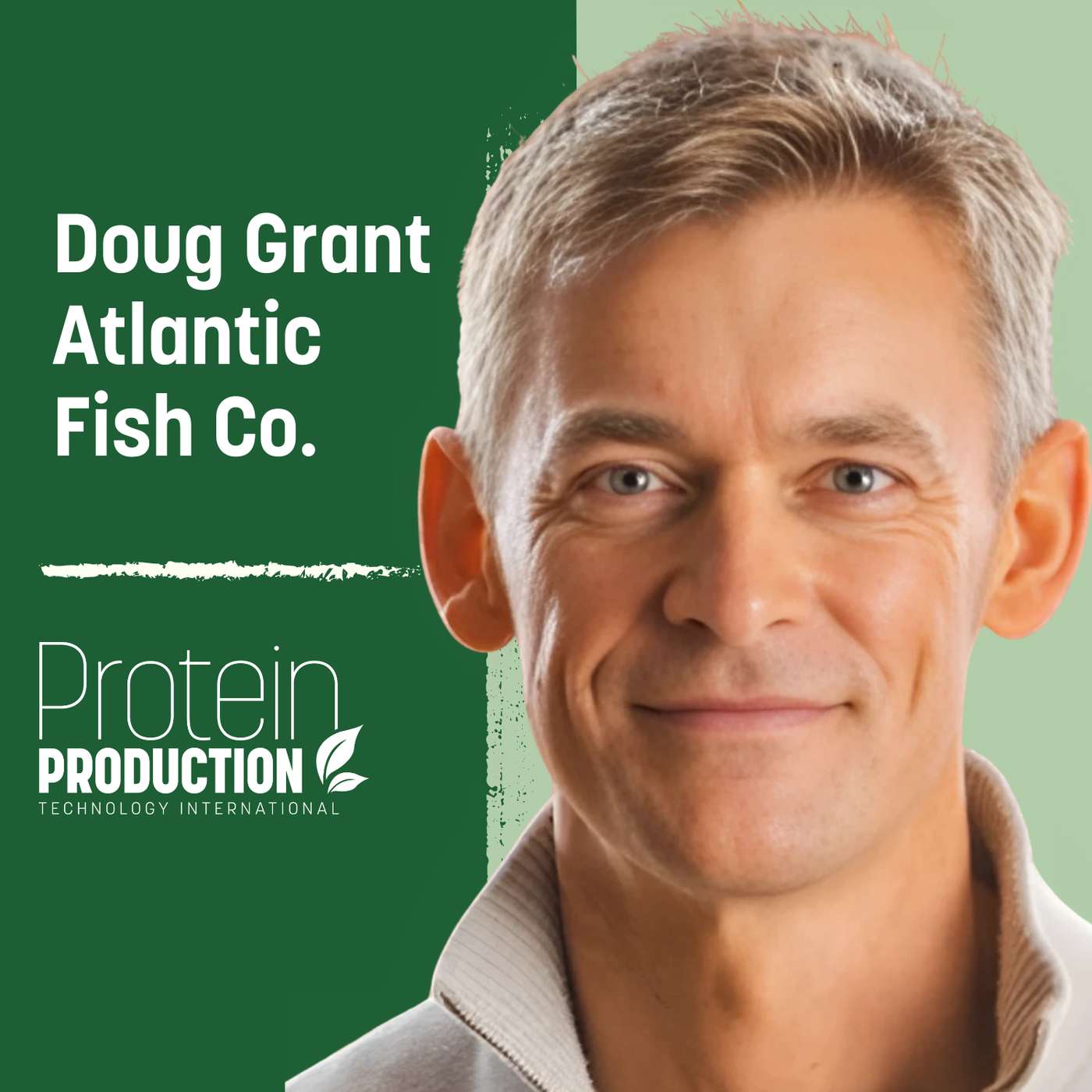
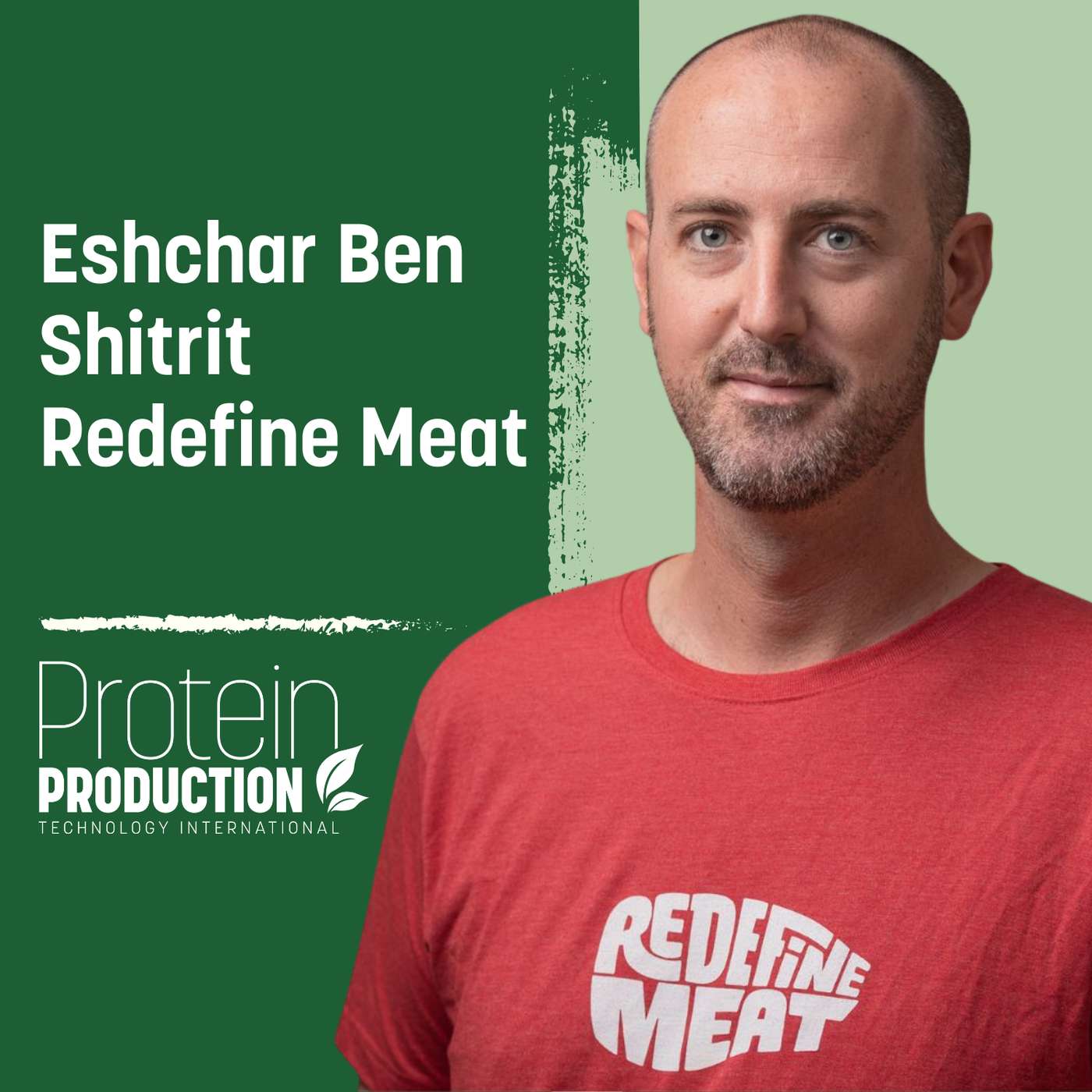
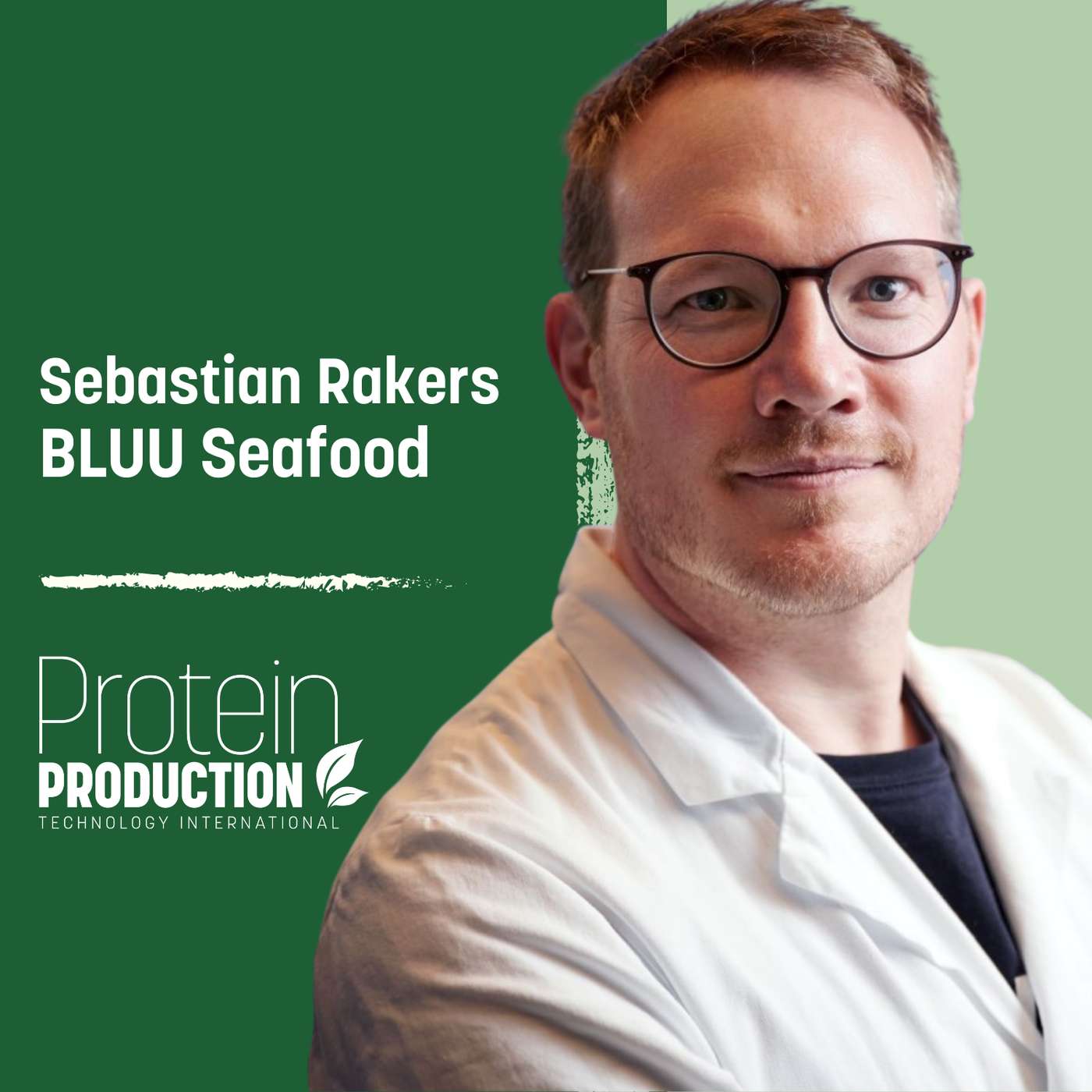
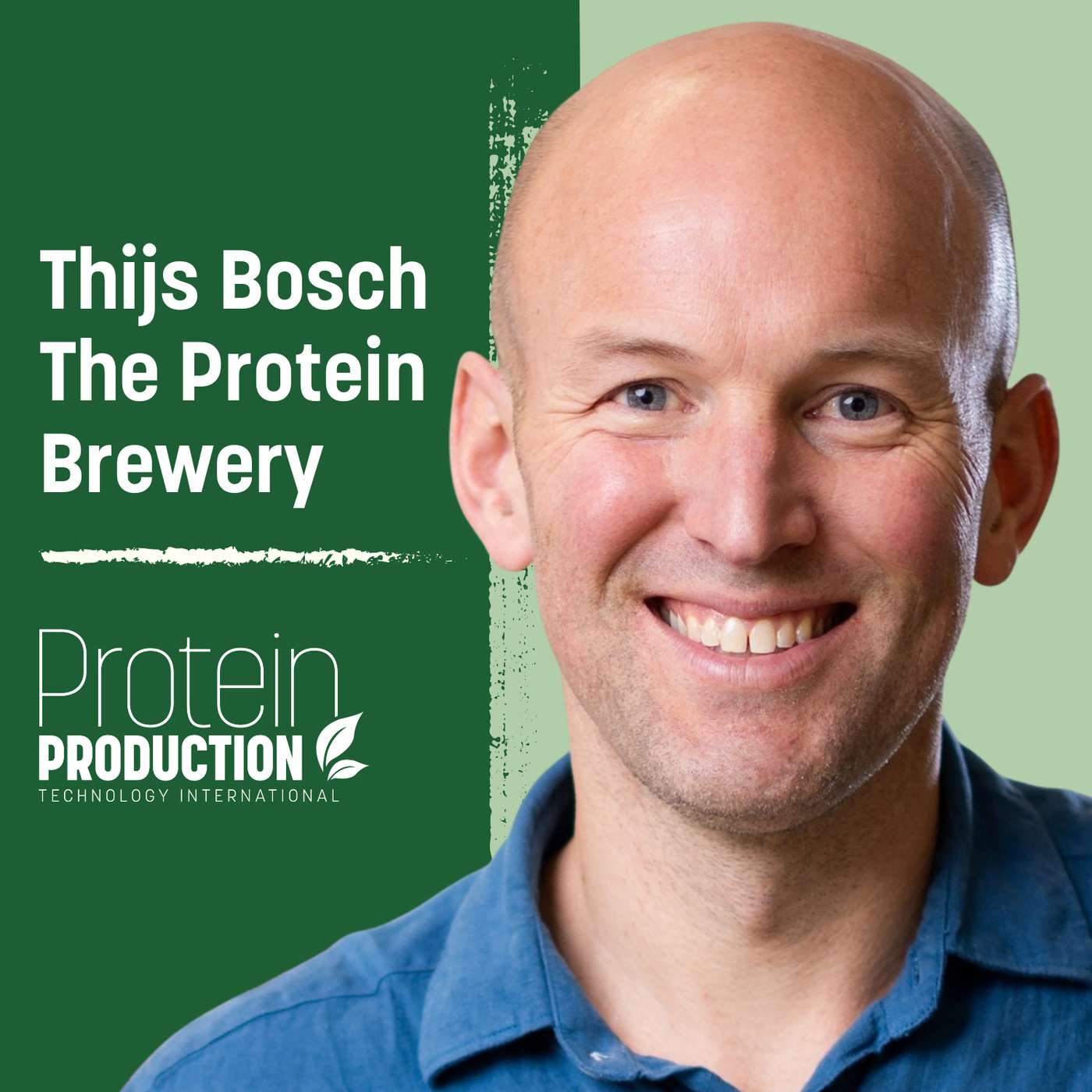
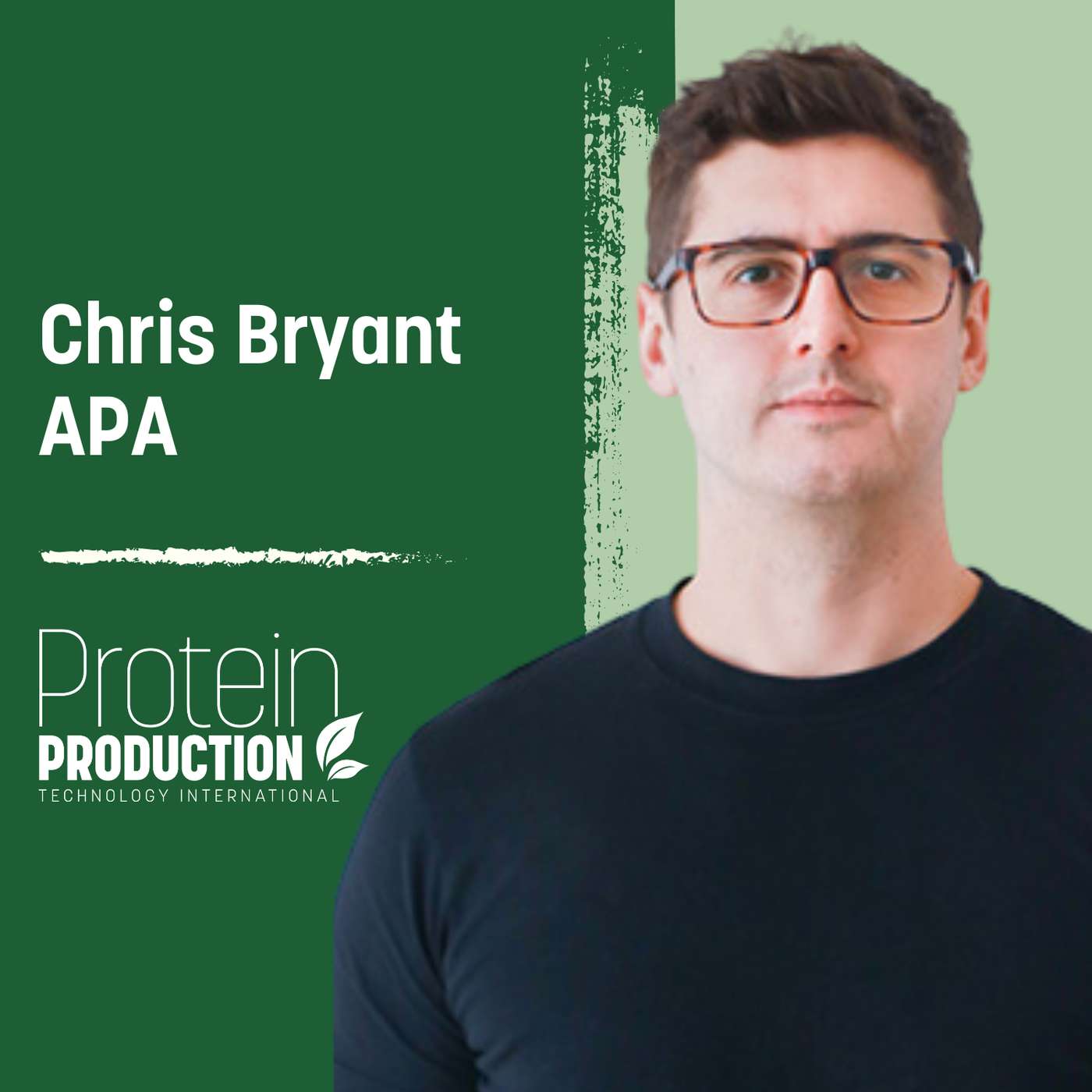
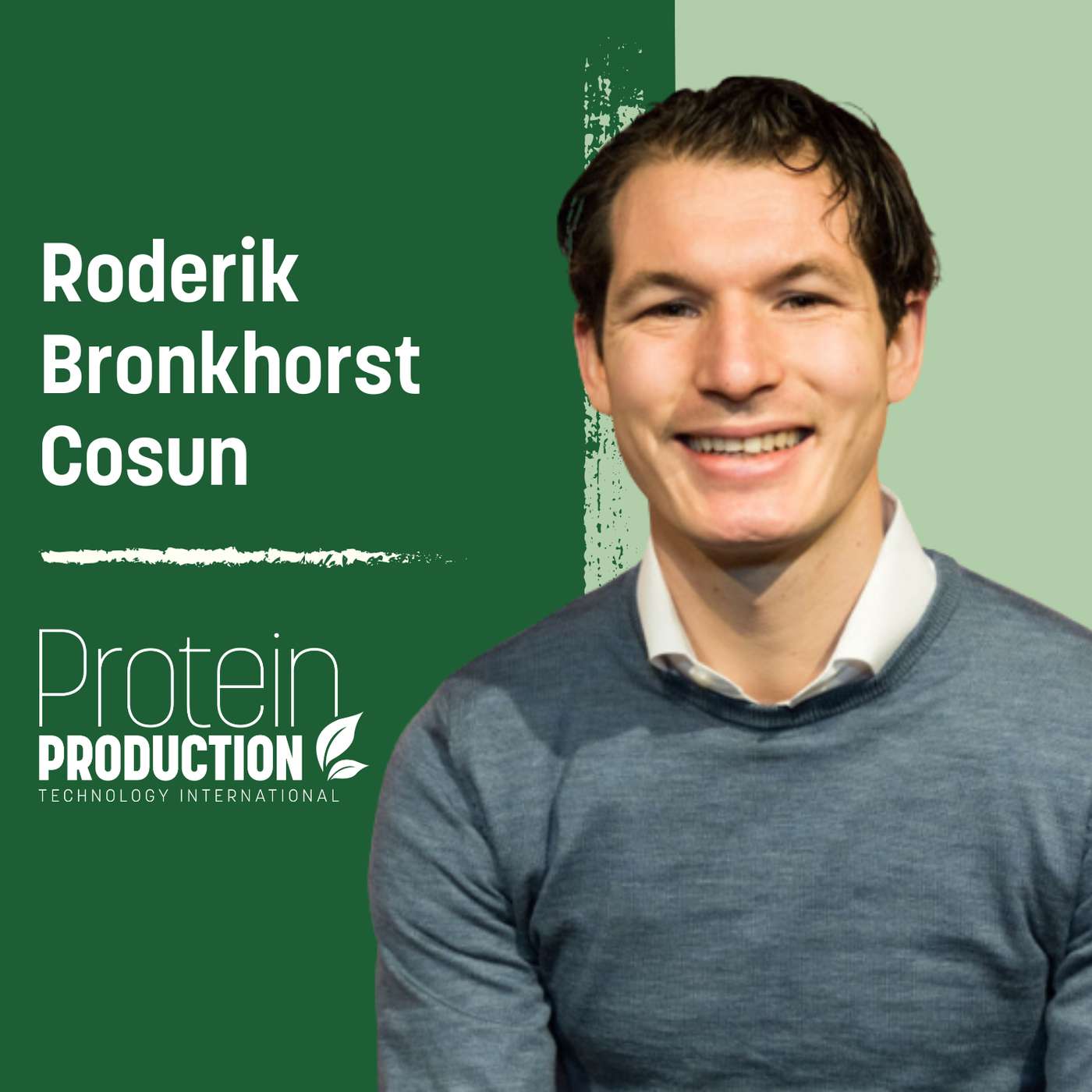

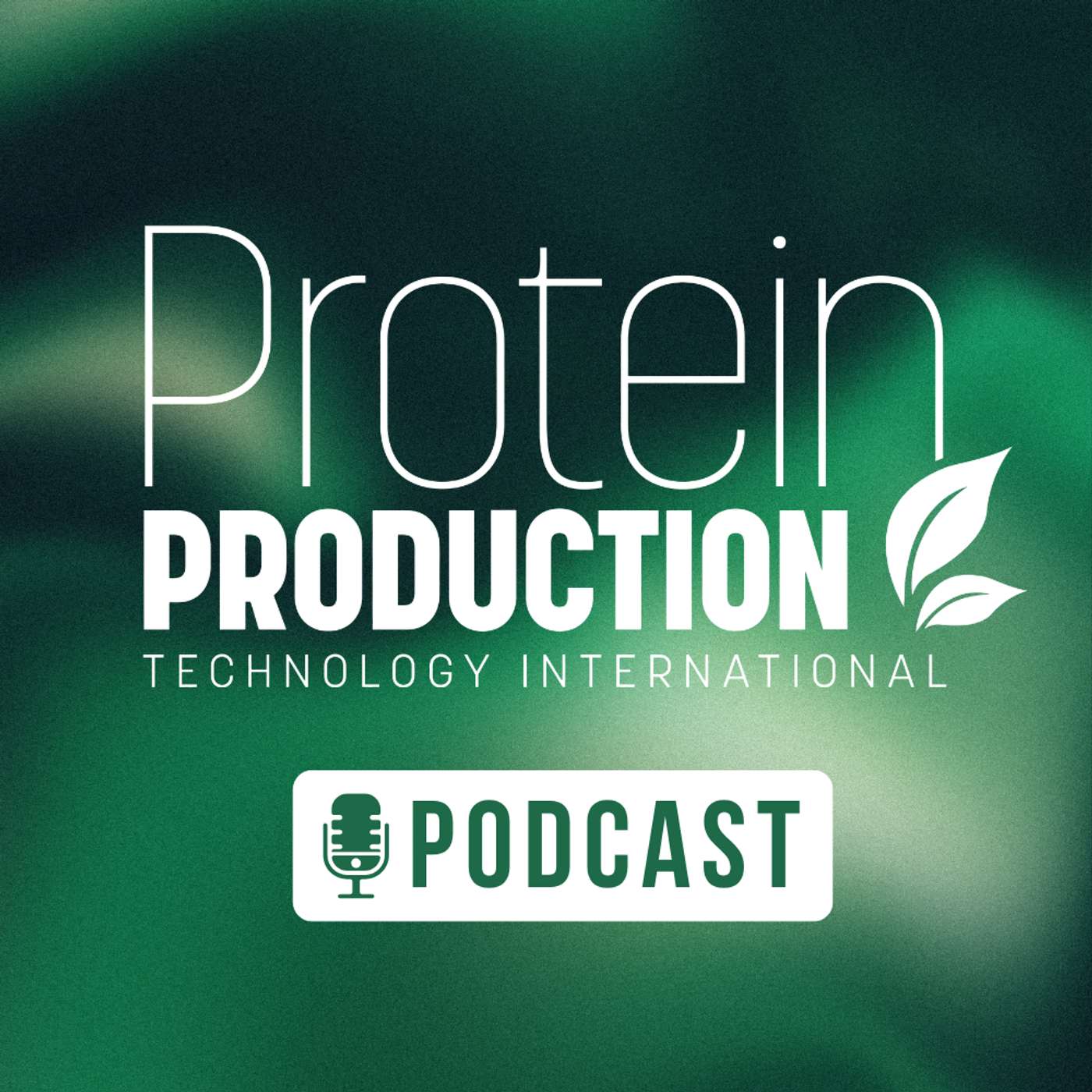
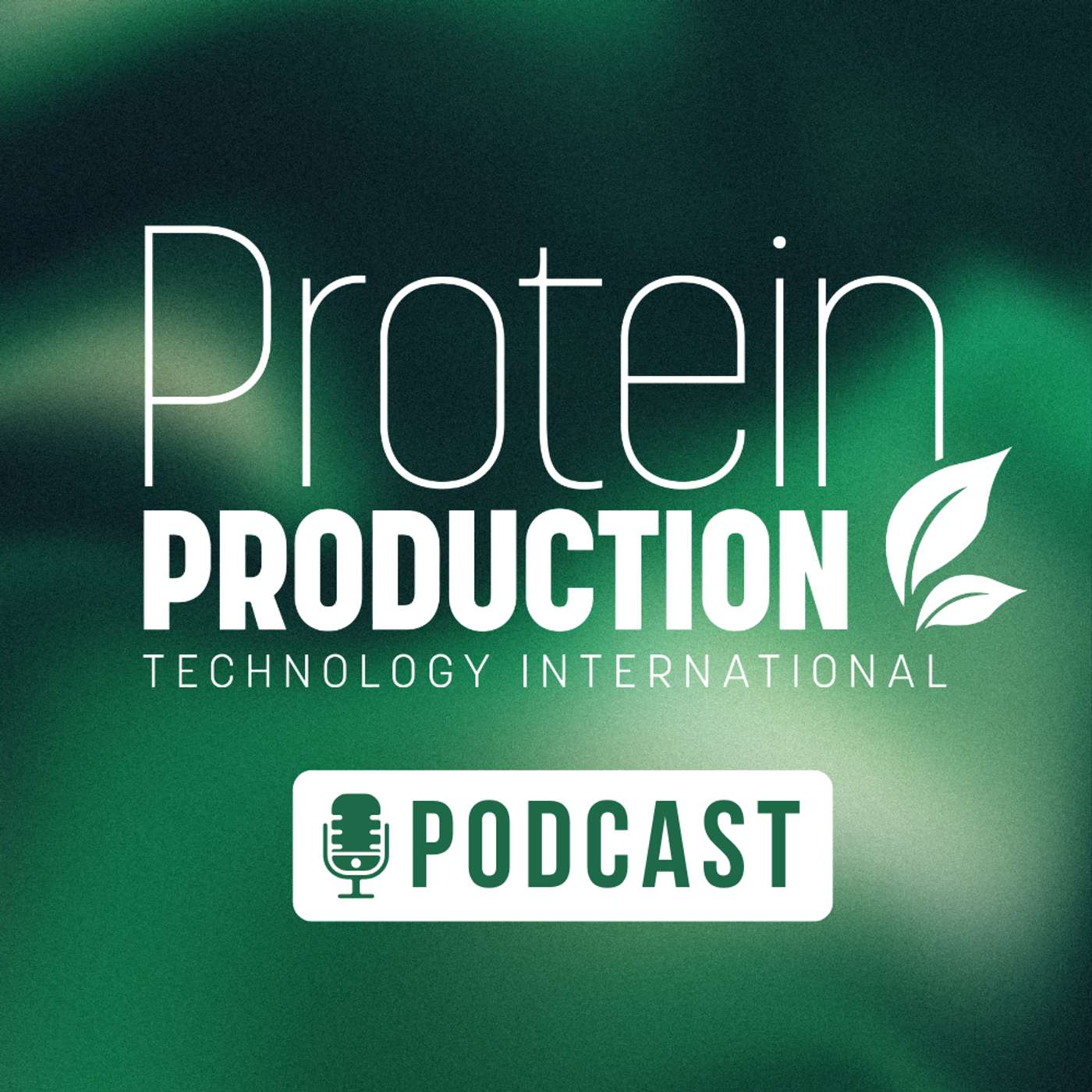
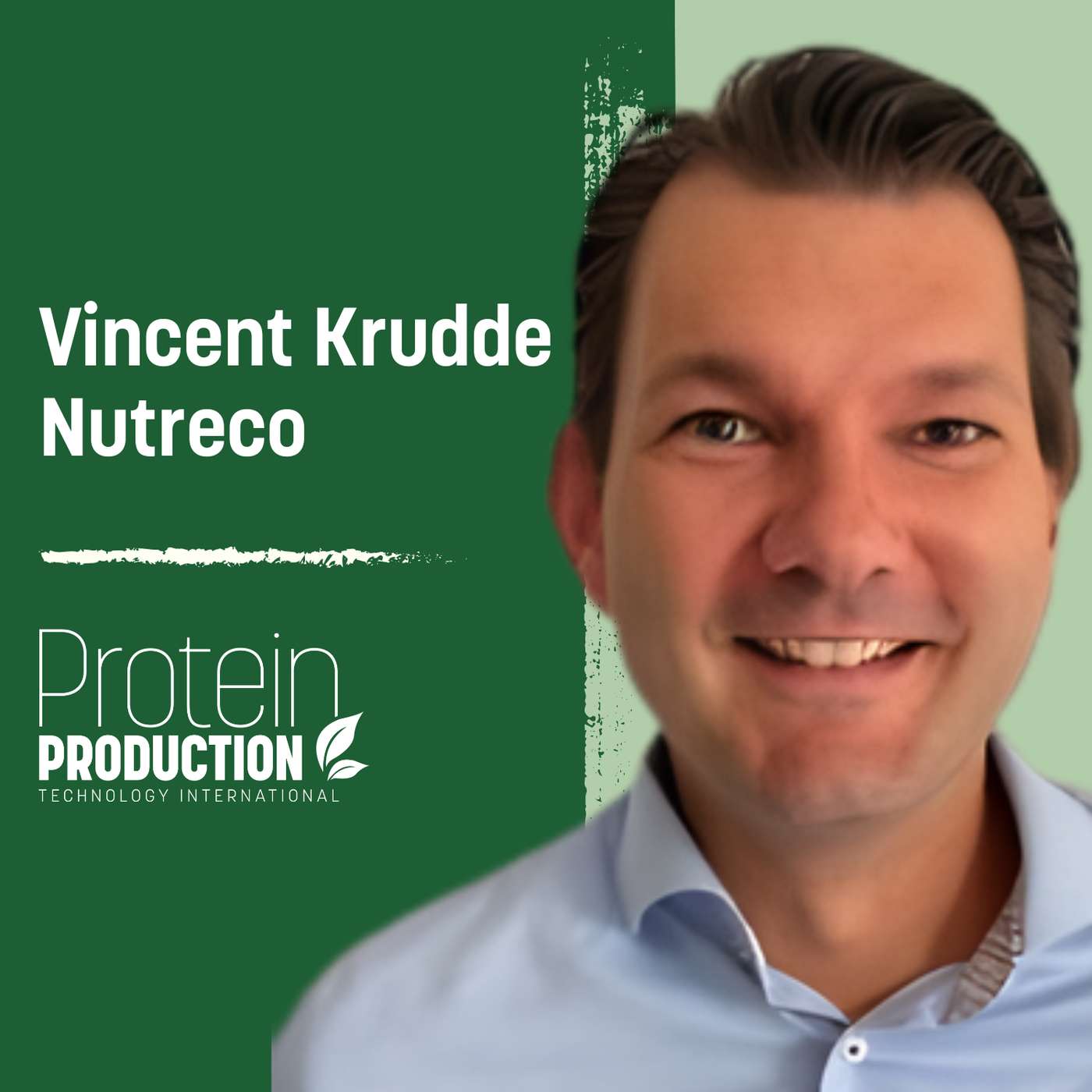
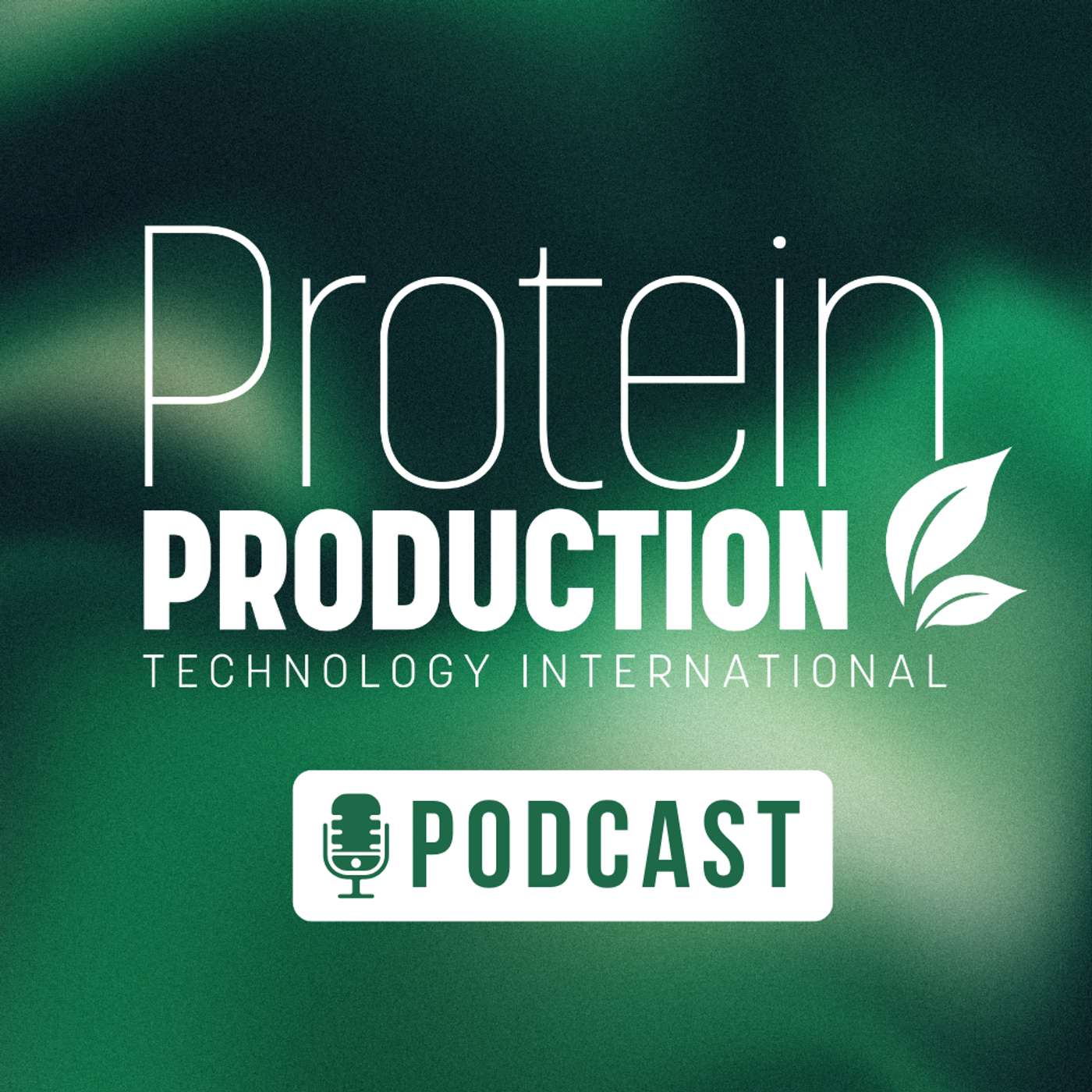
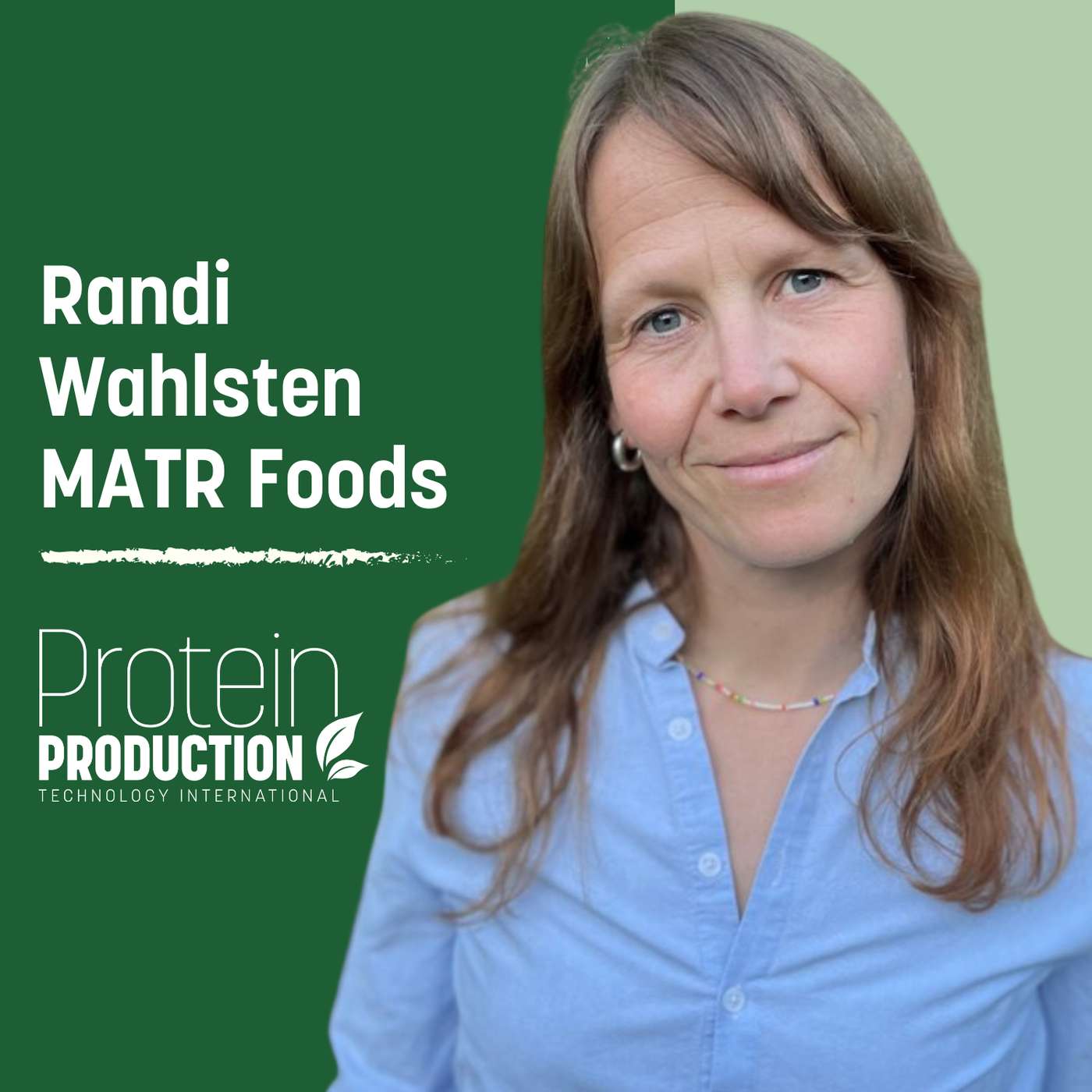
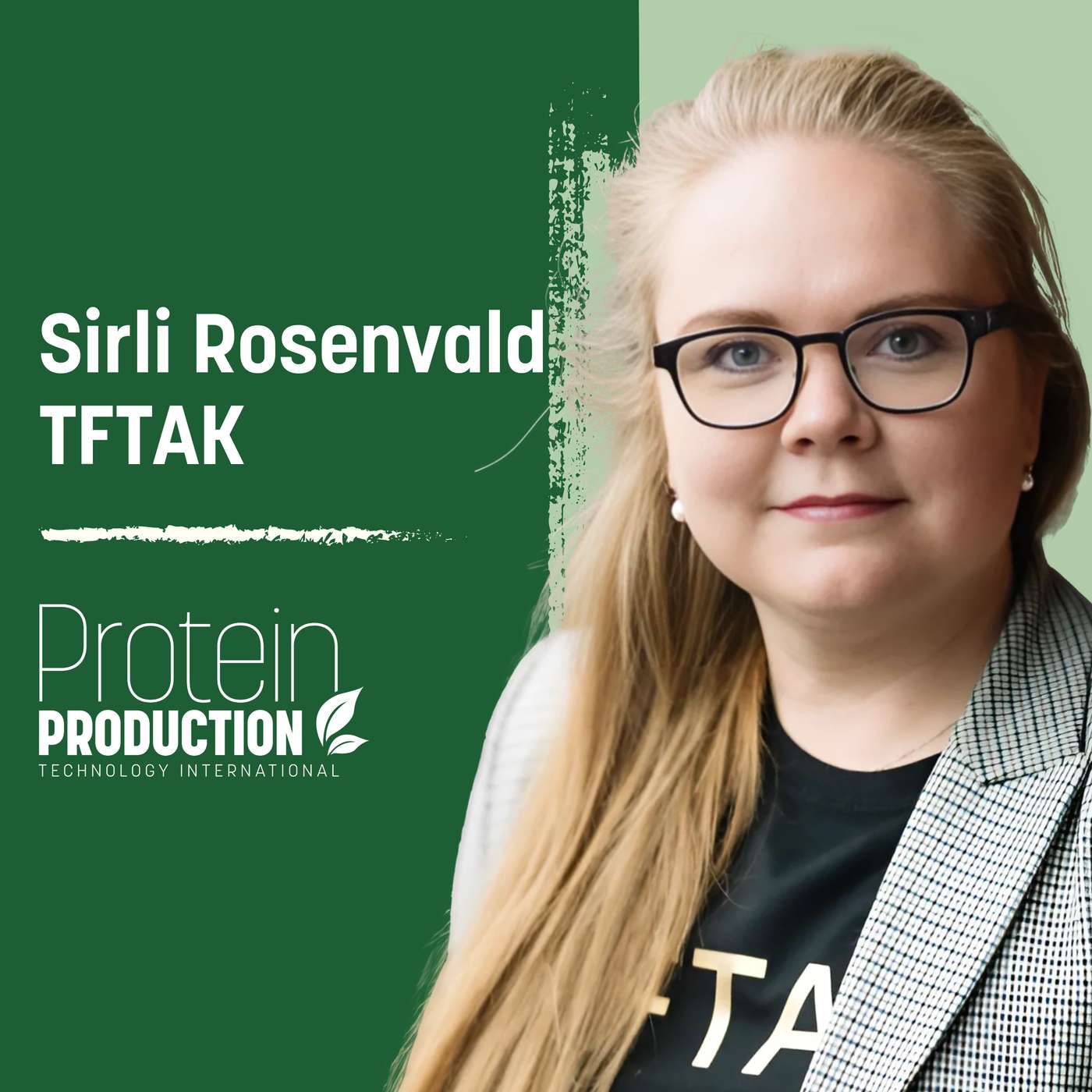
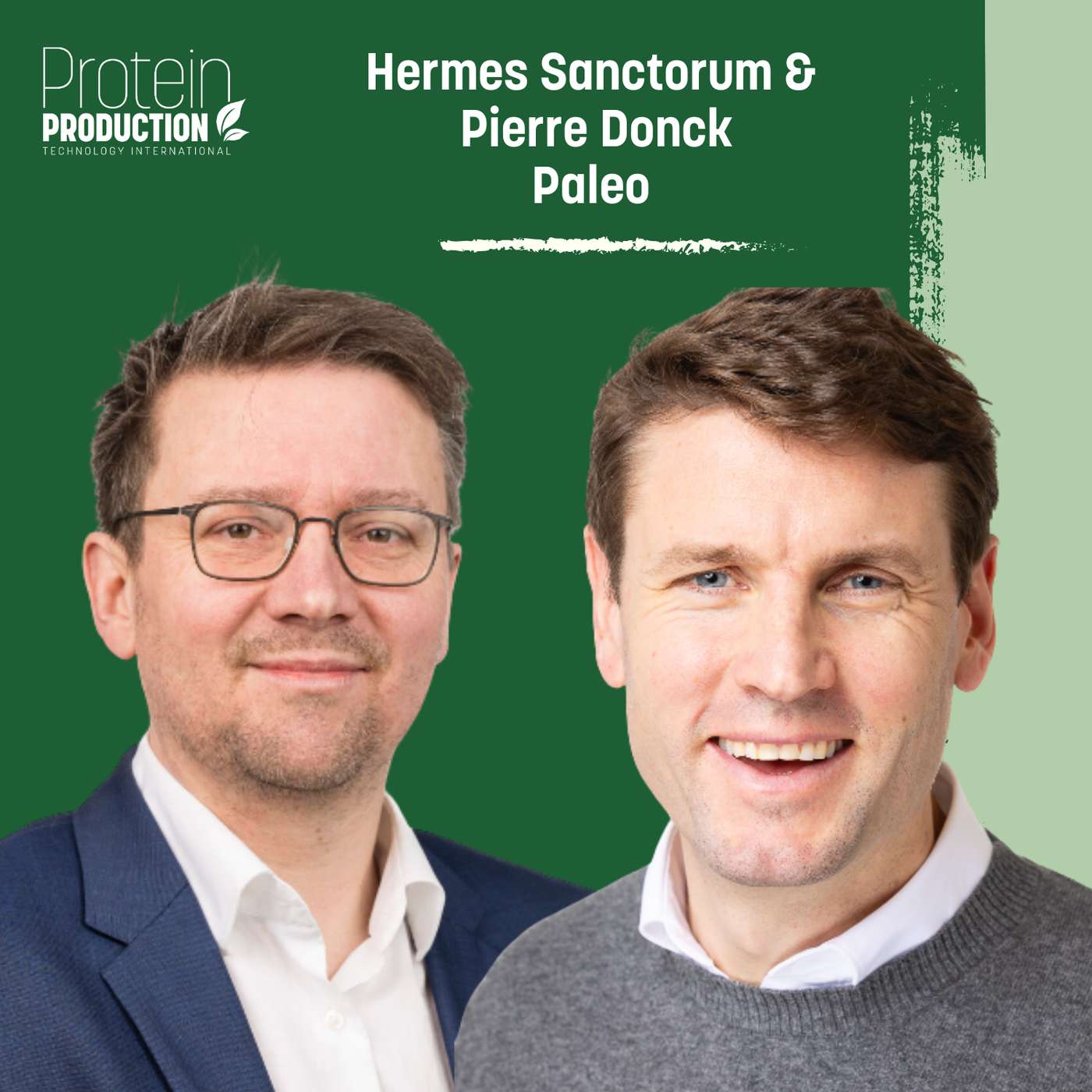
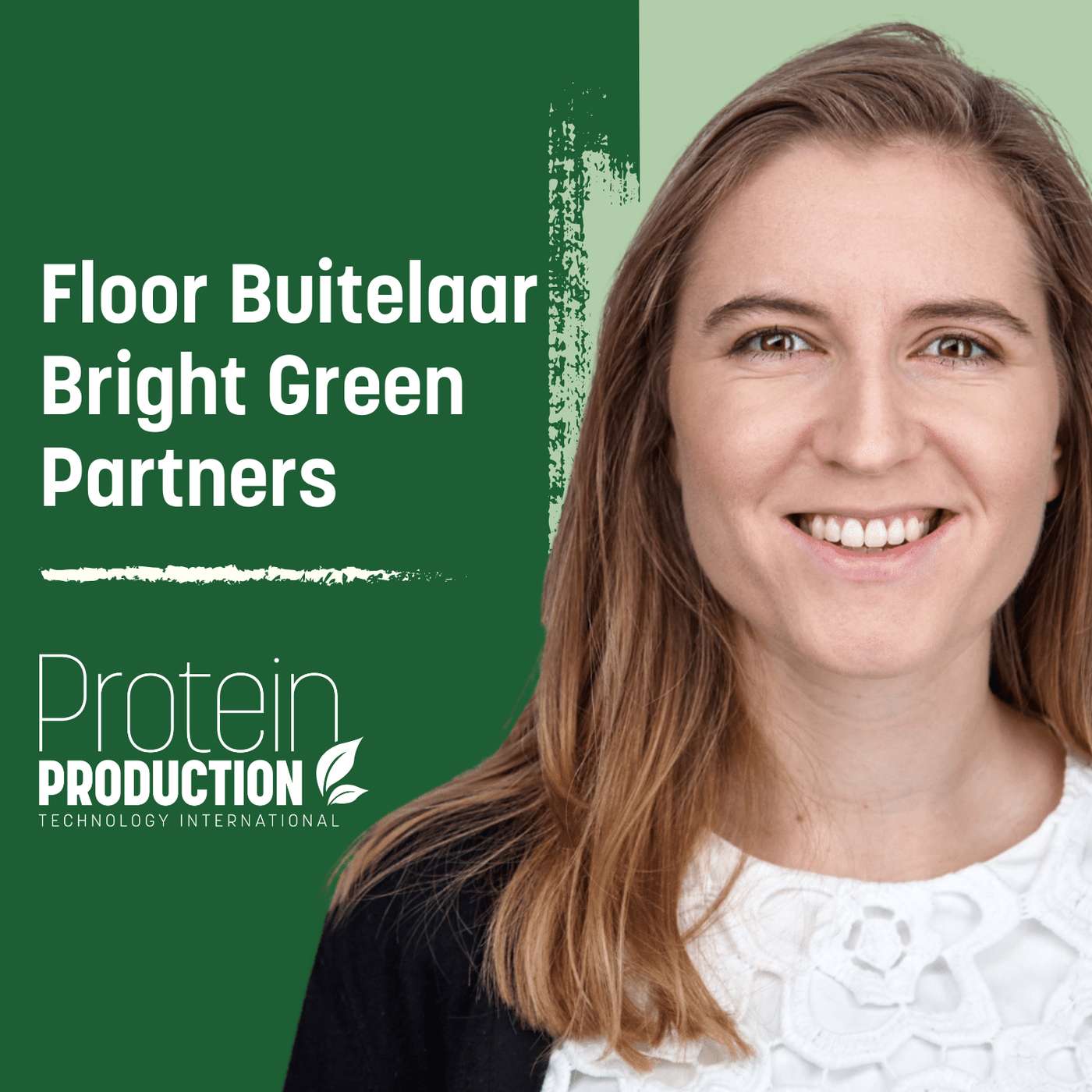
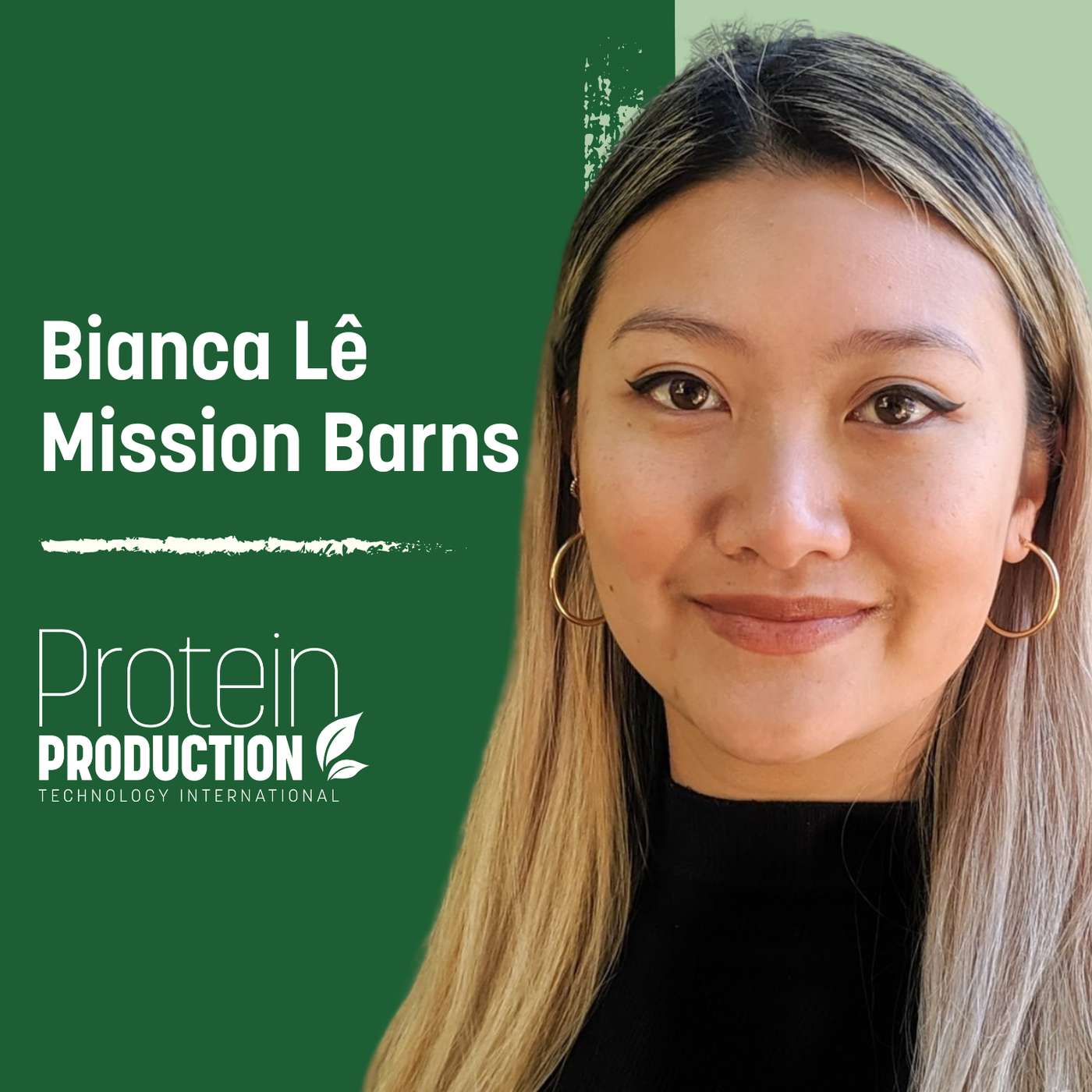
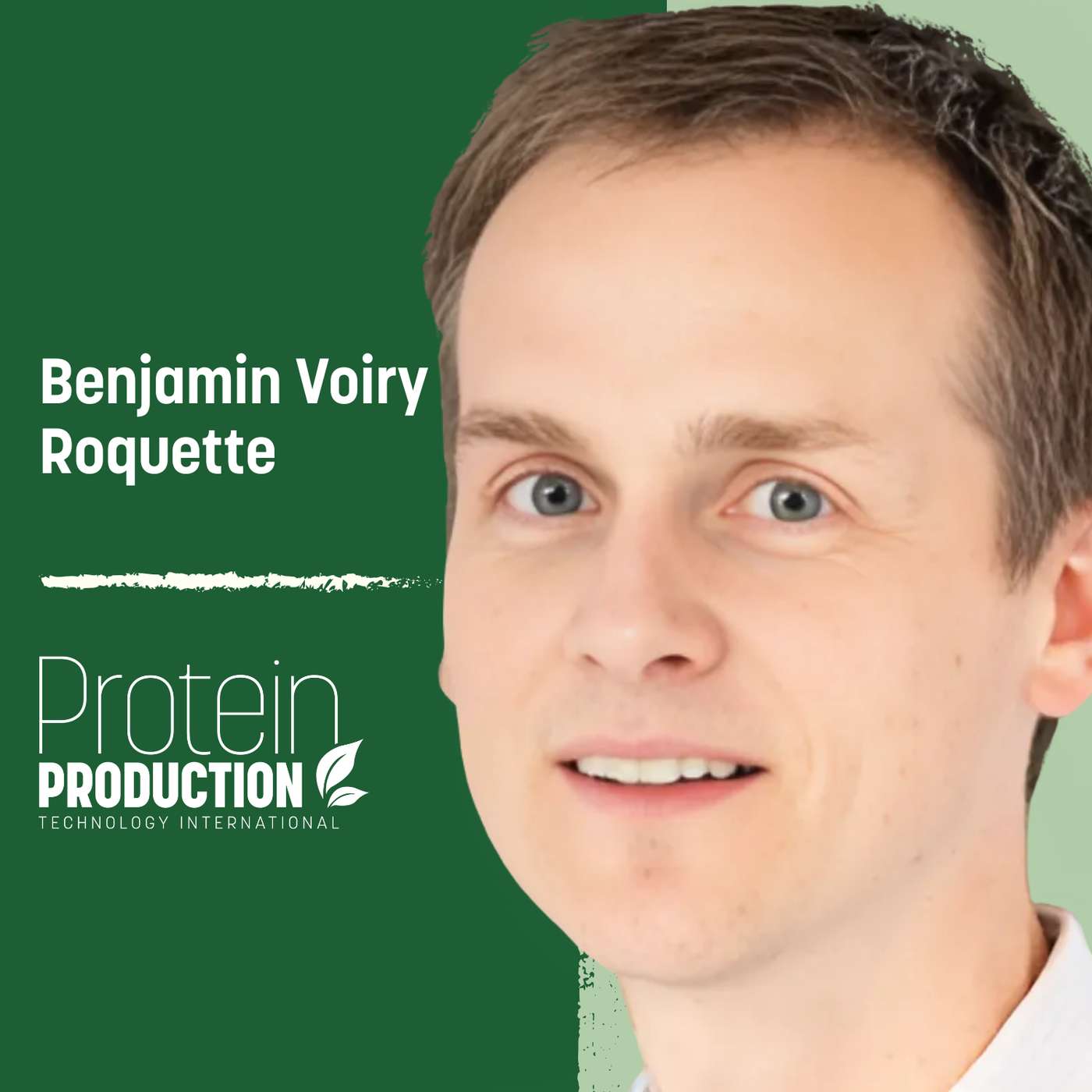
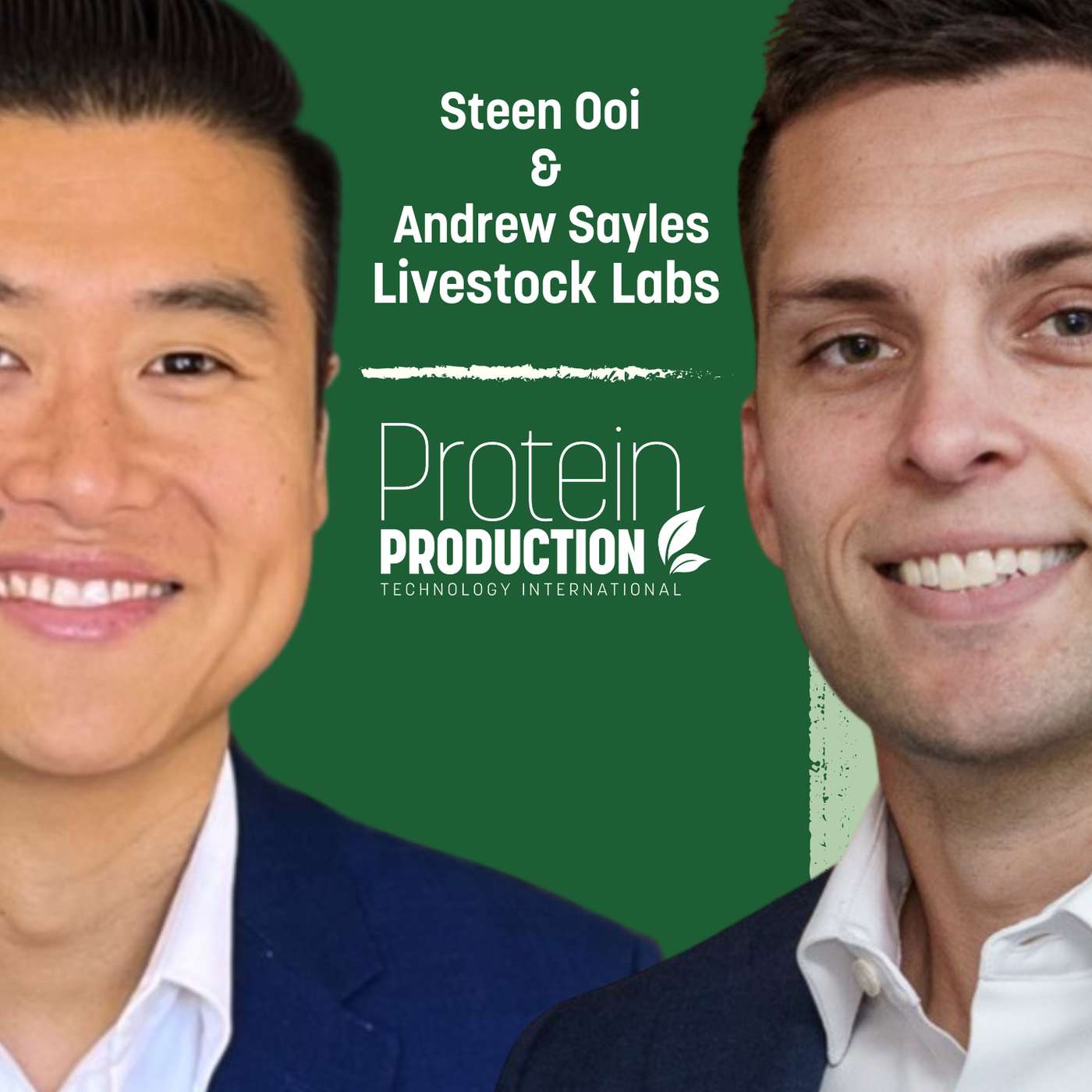
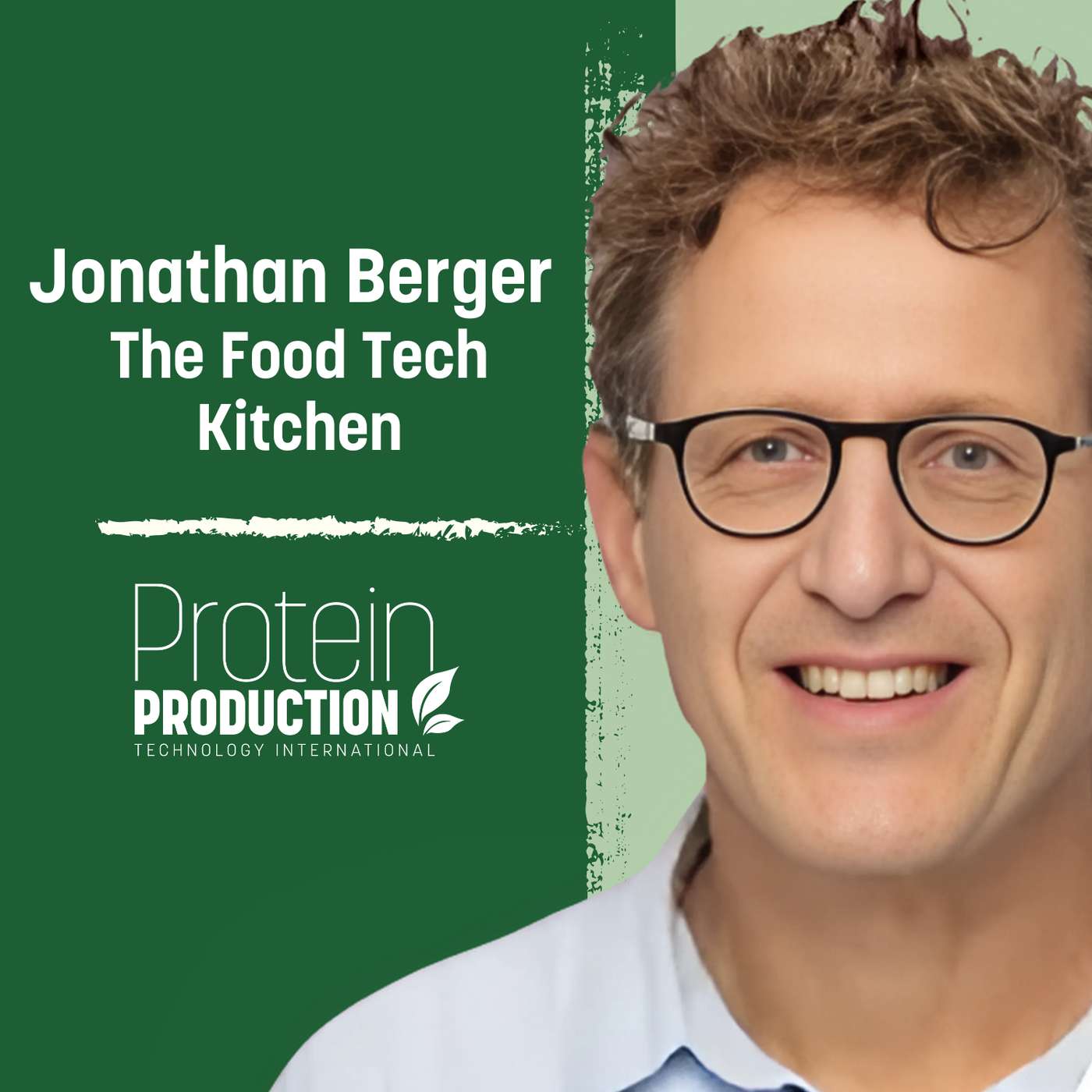
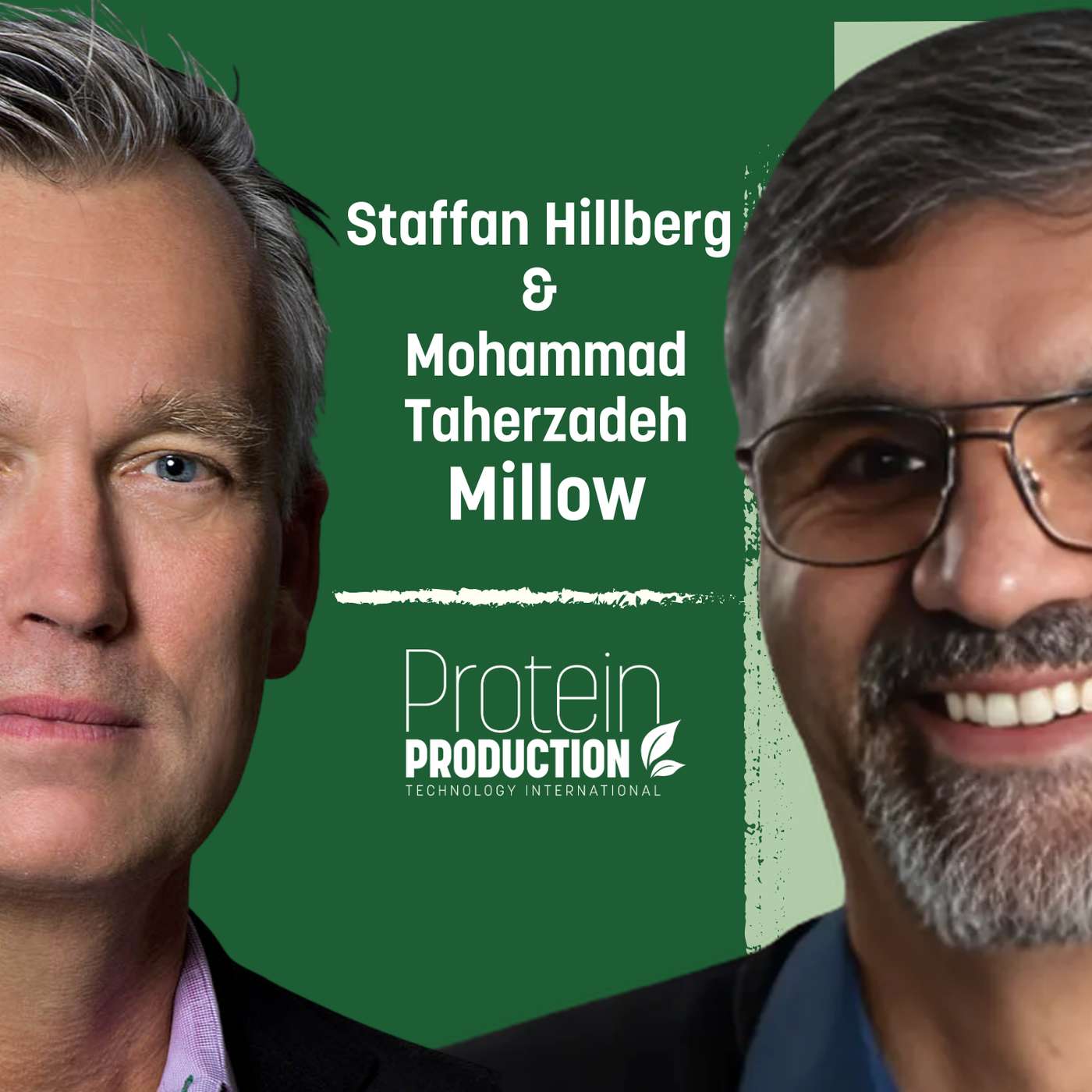



The information you shared is excellent. Protein is one of the essential nutrients our bodies need to function properly. It is made up of smaller building blocks called amino acids. There are 20 different amino acids, and our bodies can produce some of them, but we need to get others from the food we eat For more details visit here https://www.topessaywriting.org/samples/protein The amount of protein you need depends on factors like age, sex, and activity level. Generally, adults should aim for about 46-56 grams of protein per day.Protein is a vital nutrient that plays many roles in our bodies. Eating a balanced diet with a variety of protein sources can help keep you healthy and strong